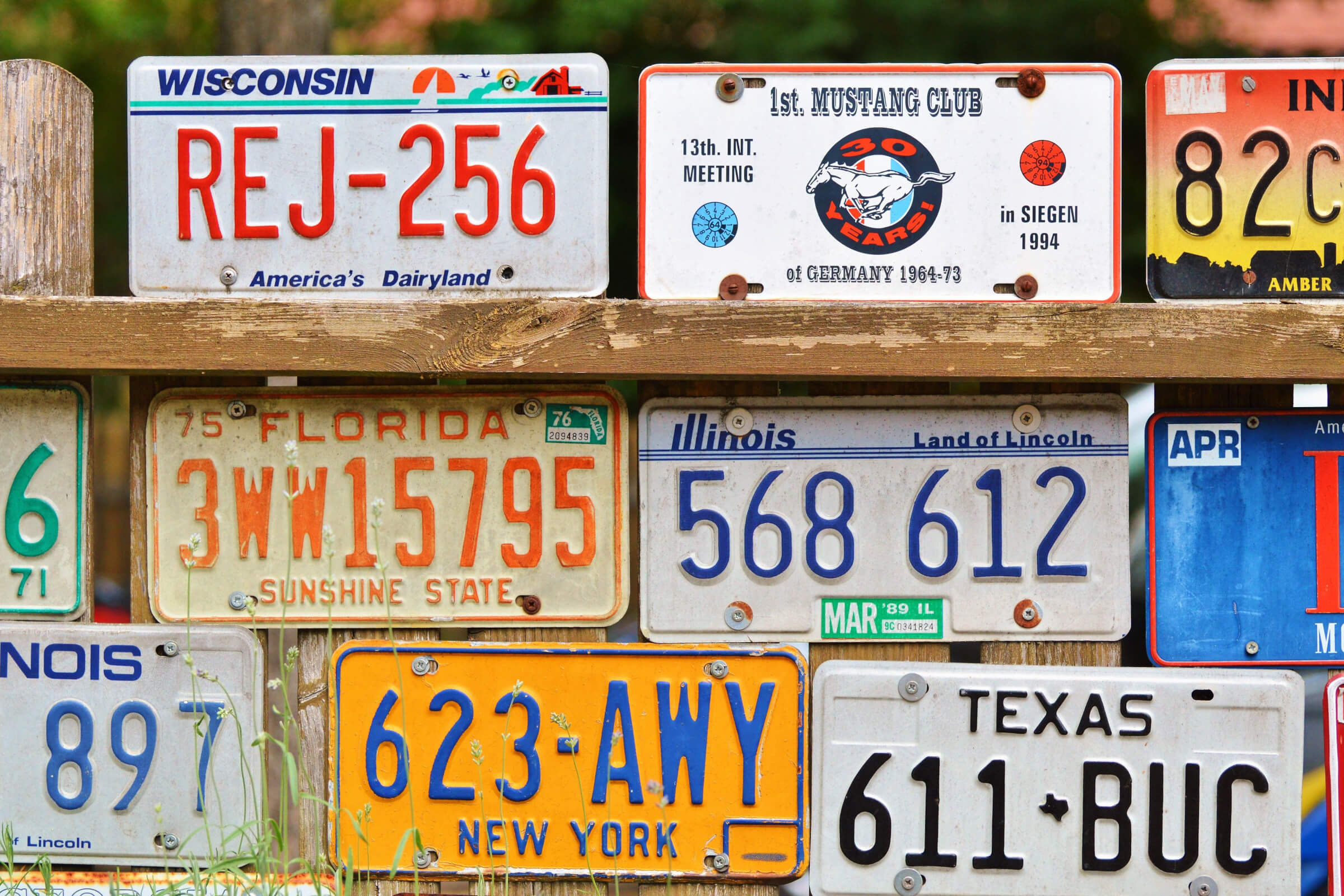DWI-DUI Penalties, State DUI Laws, and Driver License Impact
All states have different sentencing structures and punishments for convictions of those convicted of drunk driving. In fact, America is the only nation on Earth that does not have just one set of laws for the whole nation, which is the result of our Founding Fathers making certain that States’ Rights were preserved.
So, what is called DUI laws in most states can be referred to by a variety of acronyms, such as OUI, DWI, OVI (Ohio), OWI, DWUI (Wyoming), or DUII (Oregon) in other states. In the last 50 years, though, the federal government (through N.H.T.S.A.) has “standardized” many aspects of American DUI state laws.

This was accomplished by passing federal regulations withholding federal highway funds when states don’t enact certain “minimum” standards. Once such example is that all states were required to make a 0.08 grams percent (or less) the “illegal per se” adult legal alcohol limit.
While all states structure their first-time offense penalties at the most lenient levels, all states will impose severe penalties for repeat offenders (as defined by each state). In addition, all states have felony consequences when serious bodily injury or death occurs by an impaired driver, whether under the influence of alcohol or drugs.
Nonetheless, one state (Wisconsin) does not classify most first-time OWI offenses as misdemeanors but merely makes the arrest a civil violation. All other states make the serious traffic offense and a criminal charge if impaired driving a misdemeanor crime even for a first lifetime DUI offender.
Furthermore, each State’s laws will vary in terms of the degree of judicial latitude permitted. This pertains to which mandatory penalties must be imposed, upon various convictions (e.g., first offense DUI, versus being a 3rd DWI offense).
Some states have enacted laws that require compulsory minimum sentences, whereas in others, the punishments can be modified by the sentencing judge based on the specific facts in each case. In some states (e.g. Georgia & Arizona), inflexibility in sentencing leads to many driving while intoxicated cases having to go to trial.
Convictions can Bring Mandatory Punishments including Jail Time
If you are found guilty of a DUI, the punishments you could encounter include jail time, monetary penalties, compulsory alcohol evaluation and therapy, community service, and probation. In numerous states, a first-time DUI offense is considered a misdemeanor, so you may not be subjected to an extended jail sentence.
As stated previously, most state DUI laws vary, and some states have stricter penalties for DUI offenses. Several states (e.g., Maine calls for 48 hours or more in jail) mandate a minimum incarceration period (typically one or two days) upon conviction of any driver who refused the post-arrest implied consent test.
Other states, like Arizona and South Carolina ramp up potential jail sentences when higher BAC levels are part of the State’s evidence against the impaired driver. However, in most states, a first-time DUI offense will have a maximum sentence is half a year in jail (6 months), while other states (e.g., Georgia) allow for up to a full 12 months.
Bad facts, though, can mean a higher jail sentence in egregious cases. For example, video footage of bad conduct toward a law enforcement officer can be used to increase punishment.
In addition, having an extraordinarily high blood alcohol level or a DUI-related motor vehicle accident resulting in serious or disfiguring physical harm, will result in most states’ laws calling for mandatory or discretionary longer potential jail or prison sentences.
Driver’s License Suspension or Revocation, depending on State Laws
It’s probable that a DUI conviction will have repercussions for your driving license. In every state, there’s a chance that the state’s Department of Motor Vehicles and/or the court might suspend your license as part of the punishment. The duration of the suspension varies according to the regulations of each state.
A typical suspension period for a first-time DUI offender is 90 days to 120 days. However, in numerous states (e.g., South Carolina and Georgia), a first offender may be able to request and pay for a limited license that will permit him or her to go to and from some places.
Various states’ laws allow route-restricted driving to and from work, taking your children to and from school, maybe DUI classes near me, or to and from rehabilitation sessions during the suspension. Such driving is usually only available with an Ignition Interlock Device (IID) fitted, e.g., Tennessee’s DUI law mandating an IID for 12 full months).

If you have multiple DUI convictions on your record, the suspension duration for later convictions is usually extended. In certain areas, drivers found guilty of DUI may have their licenses revoked. In many states, refusing to undergo a chemical test could result in license suspension, irrespective of a conviction.
Any penalties related to the administrative license suspension for a DUI implied consent violation will be a separate and distinct legal proceeding from the criminal law case. Those who have declined the post-arrest chemical test will have the harshest penalties, as compared to drivers who took the implied consent post-arrest test.
Monetary Fines, Surcharges, and the IID System Cost
Being convicted of a DUI also will be quite costly. The financial penalties, surcharges, and court fees can vary between $400-$2,500 or even higher, based on the state’s statutes, even if a first-time offender. Probation supervision fees can run between $40 a month to over $100 a month, in some states.
Participants in a DUI or DWI court program will “pay their own way” for this program. Commonly lasting for up to 24 months, the costs of an accountability court in most states can reach between $2600 to $4200.
If required to install an ignition interlock device (IID) and get monthly downloads can cost $2000 for a year. An IID necessitates a driver to breathe into an electronic device that has been fitted into the vehicle’s ignition chassis, and if the driver’s blood alcohol concentration exceeds a specified threshold limit, the vehicle will not start.
This data is either recorded on the device’s memory, or (in more modern systems) be immediately sent to probation and the IID provider. Any “positive” readings can bring a probation revocation and take away the IID permit, leaving the person with no way to drive.
What can a DUI Lawyer or DWI Attorney Do for Me?
It is crucial to consult with a criminal defense attorney with decades of experience as a DUI defense lawyer or OUI attorney if you are facing a driving while intoxicated charge. These DUI lawyers near me are legal professionals who specialize in defending individuals charged with driving under the influence or driving while intoxicated.
Most have taken extensive additional training in toxicology and “testing and measurement” that relates to police “field sobriety tests” and alcohol breath test devices and blood testing for drugs and alcohol. In addition, many have taken advanced jury trial training on ways to win cases involving accused drunk drivers.
What if I am a multiple offender? If convicted, those repeat DUI offenses will lead to longer sentences than a first offense DUI. Plus, most need to contact a DUI attorney near me immediately after arrest, to be able to appeal the pending administrative license suspension or revocation in most cases.
If a felony DUI causes death or injury, you may be imprisoned for many years. Certain states require jail time, even for a misdemeanor DUI charge for a first lifetime DUI. For certain types of clients, like commercial drivers or a rideshare or delivery driver, losing the case means losing the person’s job.
In DUI cases, top DUI lawyers near me can provide expert advice on how to navigate the complex legal system. In some situations, this legal service can mean avoiding jail time by adding community service hours.
A top-rated DUI attorney can sometimes save your driving privileges by working out a negotiated plea reducing your DUI-DWI charge to a lesser crime, like reckless driving or careless operation. This Directory can connect you with a highly rated, experienced legal professional who will provide you with a FREE consultation, so why not start your search here by using our map or calling 1-888-839-4384?
More DUI Drivers License Loss Resources
To learn more about a driver’s license suspension after a DUI, we cover a range of DUI drivers license suspension and revocation issues. To learn more, read some of our in-depth articles below:

